Royal Road
CH 91
Ch90 – Advancing
The wooden door slammed open; a young teenage boy, dragging a long rake behind him, walked into the room.
He lightly set the rake down in a corner, took off his muddy outer clothes, ran to the table, and drank straight out of the water jug.
The water had been boiled by his mum that morning, but it’d cooled down long before then.
Careful not to drink too much, he quenched his thirst and set the jug down.
Then he nabbed a clean jacket off the couch and put it on.
After he checked his appearance and made sure he was presentable, he smoothened down the fabric, picked up the coarse bag lying on the table, took a deep breath, and headed out.
“Oh? Isn’t that ah-Ping? Going to school, eh?”
“Ah-Ping, don’t waste your time if it doesn’t work out; you’ve gotta try gettin’ into the militia.”
“That’s right.
You’d better not disappoint your pops’ military merit, ya hear me!”
Along the way, he came across many familiar faces, none of whom could resist giving him a few words of caution.
The boy reservedly nodded and yes’d to each of them, but his footsteps didn’t slow as he jogged all the way to the door of the big mansion.
After checking him thoroughly, the guards let him through.
He could never get used to the master’s mansion, no matter how many times he came.
It was too magnificent – it was a place people like him shouldn’t have been allowed.
Ah-Ping kept his head down, not daring to let his eyes wander, as he walked towards an adjacent courtyard on the west side.
It was where the bookkeeper, Zhou Kan, lived.
Now, aside from being his office, one of its rooms served as a classroom, just to teach the farmers’ children the study of mathematics.
His was a family of serfs belonging to the estate.
His father had previously joined the militia, and died in battle a few months ago.
The ten mu of military fields assigned to their family had been completely exempted from tax, so his mother returned the twenty mu that they’d been leasing before.
Now, he and his mother relied on their ten mu of military fields and their twenty mu of mulberry fields to get by.
If he worked and helped his mother, he too could join the militia in a few years; their family wouldn’t want for anything then.
Yet he’d run off to the schoolhouse to study math.
The time he spent in the classroom alone totaled more than two hours.
Then when he went home, he’d have to finish the review problems his teacher assigned.
These two demands lessened the amount of time he could spend helping his mother.
Many of his neighbors thought they were spending too much effort on nothing, a bunch of fools lost in strange fancies.
But there was no way ah-Ping would give it up! He’d never known before that there could be anything so fascinating! The numbers and rhymes they taught at school was like a light shining through the clouds, a door thrown wide open, letting him see the true nature of the world.
This wasn’t something you could learn from staring all day at dirt.
And besides, Zhou-shifu had said that if they were able to finish their studies, they could work in the accounts office.
The estate would take care of all their expenses, and perhaps in the future, he could even be a bookkeeper like shifu and earn a monthly salary!
Full of purpose and sincerity, Ah-Ping entered the classroom, sat down in his corner, and gently retrieved a stack of folded papers stapled into a book and a stick of charcoal wrapped in cloth.
Those had been given out by the school.
They could use the sand tray for practice problems, but they had to write their notes and homework answers down on paper.
Everyone had a book; they took notes on the front side of the page and did problems on the back.
It could last them for up to a month.
If in a month they got too many questions wrong, they could get expelled.
Ah-Ping flipped open his book and meticulously checked his answers over once more, letting out a sigh when he confirmed they were all correct.
A few more students trickled into class; twelve in all, including him.
They were what remained after several rounds of sifting.
Not daring to make a ruckus, they all went quietly to their seats and waited for the shifu to come and begin the lecture.
“That bastard!” At that moment, Zhou Kan was red-faced with fury.
We’re sorry for MTLers or people who like using reading mode, but our translations keep getting stolen by aggregators so we’re going to bring back the copy protection.
If you need to MTL please retype the gibberish parts.
Lf’v gfmbwwfcvfv Ol Wlc ab atf frajaf bea bo atf ubbvcfrr bo tlr tfjga.
Ccv yfmjerf atfs’v bcmf yffc bo atf rjwf rmtbbi, tf’v fnfc rqfmljiis qjlv atf akb j nlrla.
Dea ktb mbeiv’nf xcbkc atja atfrf ofk nlrlar mbeiv wjxf tlr tfjga jcv iecur yegc klat gjuf.
Rba bcis vlv Ol Wlc, atja lcabifgjyif yjrajgv, cba rff tlw jr j ofiibk rmtbijg, tf fnfc vfwfjclcuis wbmxfv tlw obg yflcu j ybbxxffqfg, rjslcu atja klat tlr qfaas wjatfwjalmji jylilas, peuuilcu cewyfgr kjr jybea jii tf kjr ola obg.
No wonder his cousins and brothers hadn’t cared a whit when this asshole left for another school.
Having a thing like him around, you’d be lucky not to lose a few years off your life!
He stormed into the classroom, but when he saw the children’s eager gazes, his anger gradually abated; he coughed, “Get your books out on the table!”
All the students quickly did as they were told, and laid their books atop the table.
These desks were newly made too, just three feet wide, wide enough to lay one’s elbows on, and they each had a sand tray next to them.
It was simple and crude, but definitely practical.
Zhou Kan waited until everyone had placed their books down, then, hands clasped behind his back, started checking them over one by one.
The numbers on the paper weren’t the symbols used in rod calculus; rather, they were strange Indian numbers.
From 1 to 9, they each corresponded to a rod calculus symbol, and there was a 0 used to move up a place.
These were things the master had given him, as well as the methods for vertical multiplication and division.
Even Zhou Kan had to agree that these were much more convenient than rod calculus.
With rod calculus, you could demonstrate it a dozen times and a dumber person still wouldn’t be able to make heads or tails of it.
On the other hand, the new numbers and vertical calculation were clear and simple, and easy to check.
And the original times table rhyme had been changed by the master from thirty-six lines to eighty-one lines.
It’d been written down in Indian numbers and pasted on the wall for students to memorize.
It could be said that everyone who was left had a good memory, diligence, and some talent for math, or else Zhou Kan wouldn’t bother spending time on them.
Rumors had it that Li Xin and his shixiong were also receiving students – students that they had to teach double-complement to.
Humph, he was just waiting to see if Li Xin, with that dogshit attitude of his, would manage to teach them anything at all.
After checking over the children’s assignments and nodding with approval, Zhou Kan turned and went to the lectern, flipped open a book, and said, “From today onward, you’ll begin the chapter ‘Millet and Rice,’ which concerns the exchange of grain and foodstuffs; it is a highly essential topic.
If you can’t manage to learn it, go home and plant fields.”
Zhou Kan looked at the students, whose eyes gleamed with focus and interest, inclined his head very slightly, and began the lesson.
※
“Ziyue, it’s time to teach those students,” Liu Jian reminded softly.
But no one answered.
Without any other choice, he pushed open the door and entered.
Scrapped paper was scattered all about the room, the black-lacquered board was filled with white lines, and rows and rows of Indian numbers.
Li Xin was sitting at his desk, frantically scribbling away, seeming not to have heard him.
Liu Jian took another two steps and said, “Ziyue, it’s time for you to get out and teach.”
“I’m not going not going! A bunch of imbeciles!” Li Xin, engrossed in his work, didn’t even bother to look up.
He was intently calculating something; charcoal scrawls had rendered the paper unrecognizable already.
“We promised to the master that we would!” Liu Jian said, feeling utterly helplessly.
Having known Li Xin for several years, he understood his character more than anyone else.
Though he was his shidi, Li Xin was actually a few years older than him.
He’d been an irritant from the moment he’d sought his family’s tutelage.
He was tactless and thoughtless, he offended the moment he opened his mouth.
Yet, he had such a unique talent when it came to maths.
All his grandfather’s lifetime’s worth of knowledge, even the task of compiling his manuscripts, would likely land on his head.
It was because of the high hopes he held for him, and his desire to see his grandfather’s commentary made renowned, that Liu Jian had helped him leave Qing Province with the manuscripts and rush to the Liang Estate.
And now, after they’d finally settled down, his idiosyncrasies were rearing their head again.
Well, it was also because the Indian numbers and vertical calculation the master had taught them was too useful; Li Xin was instantly sucked in.
Ah, and those trigonometric functions too; Li Xin aside, even he was somewhat enthralled.
But they still had to fulfill their responsibilities! How would they face the master if they couldn’t even train up a single assistant?
“How am I supposed to teach numskulls who’ve only just memorized the nines times table?” Li Xin wrote a figure on the paper, whipped out a few papers wedged beneath it, abruptly turned, and said, “Shixiong, just look at what I’ve found!”
Liu Jian looked into his shining eyes and sighed, “Alright, I’ll teach them then.
But don’t become too absorbed with functions.
You must revise the manuscripts as soon as possible and send them to the bookworks for printing.
After all, the estate will be using it as teaching material.
Grandfather’s annotated version must become the accepted standard!”
“I hardly need you to remind me.” Li Xin annoyedly shook out his hand and buried his head back in his calculations.
Hardly knowing whether to cry or laugh, Liu Jian shook his head and took his leave.
Alas, it seemed he would have to put off inspecting the waterwheel the woodworks had brought him yesterday until after class.
Although, if Ziyue could figure out a few trigonometric values, it might perhaps improve the rapidity of their calculations.
Striding towards the nearby study, Liu Jian didn’t even notice that there was a faint smile on his face.
※
Looking at the stack of freshly printed papers in hand, Liang Feng nodded in satisfaction.
This was the first chapter to be assembled from Liu Hui’s annotations on “The Nine Chapters on the Mathematical Art,” “Bounding Fields,” containing not only questions, answers, and methods, but also analysis and diagrams.
That was Liu Hui’s philosophy: “analyze logic with rhetoric, deconstruct problems with diagrams.” It was these rigorous and researched remarks that made “The Nine Chapters on the Mathematical Art” one of the future generation’s classic teaching materials.
Printing was perhaps the only technique suitable for reproducing this edition, for it could completely preserve its essence.
If it were scribed by those unlearned in maths, there was the possibility of errors and omissions that failed to precisely convey the meaning of the topic.
The editing of the books was proceeding apace, and the progress in exploring trigonometry, too, was very acceptable to Liang Feng.
A while ago, he’d intentionally revealed some general principles of trigonometry to Li Xin and Liu Jian, and they’d surprised him with their comprehension ability.
As expected of Liu Hui’s direct line of tutelage.
This was another thing that Liang Feng greatly anticipated.
Even though there were many writings on mathematics and great mathematicians, very rarely did any formulas or theorems take shape.
Though the restriction on astronomy was a contributing factor, the customary formatting of teaching materials was likely a major cause.
For example, the nine chapters provided “methodologies,” procedures for solving specific problems, but didn’t justify the steps of the procedure.
The lack of explicitly explained mathematical induction naturally turned maths into an exclusive expertise that only very few could grasp.
Liu Hui just happened to be one of the people who’d broken this custom.
He’d been the first to prove the formula for the area of a circle, “multiply the side of a polygon by its radius, and the area doubles; hence multiply half the circumference by the radius to yield the area of the circle.” This also proved the previous notion that “the circumference of a circle is about three times its radius” wasn’t accurate, and determined the ratio of the circumference of a circle to its diameter to be 3.14.
Furthermore, his cyclotomic method was the theory and algorithm for calculating ℼ; that achievement alone was quite astonishing.
If every subcategory of mathematics were to be brought into the realm of logic and proofs, the development of the discipline was bound to embark on a different path.
Liang Feng remembered quite a few formulas, but as he wasn’t an expert, he’d already forgotten how to prove them.
If he showed them all at once to the people of this time, it would only be “pulling shoots to help them grow.” The real meaning laid in the process of completing these theories and derivations.
At any rate, there likely wasn’t any use for any of those more advanced mathematics.
Best to take things one step at a time, and who knew whether it might produce some surprising results.
It seemed that next on the agenda was establishing a proper school system.
Those of Zhou Kan’s students with potential could go directly to Liu Jian.
Those who were still struggling with the basics would continue learning under Zhou Kan until further evaluation.
It was a pity he didn’t have any more useable experts.
If he could find a few contemporaries for Li Xin and let them become partners in research, something spectacular might come of it.
Zu Chongzhi had lived during the Tang Dynasty, right? Just when had he been born? He only recalled a Zu Ti living in this time period.
Were they of the same family?
While he daydreamed about collecting more genius mathematicians, someone suddenly reported from outside that Wang Wen’s messenger had arrived.
Wang Wen was one of the things he currently depended on most, so Liang Feng, who of course wasn’t going to snub him, immediately called him in.
But after reading the letter’s contents, he frowned unconsciously, “Attend the Shangsi Festival at Jinyang?”
It was no exaggeration to say that Shangsi was the most consequential holiday in the spring season, inviting him wasn’t out of the ordinary.
But Wang Wen’s intent to repair the relations and resolve the misunderstanding between him and the Duke of Dongying was only too apparent.
Liang Feng really had no interest in those fools of the Sima family, but after pondering it over, he nodded, “How could I refuse an invitation from the controller? Wait until I have written a response, and deliver it to him.”
It wasn’t important whether or not he obtained Sima Teng’s good opinion; what was important was that he showed his face on the occasion.
He couldn’t let those two orders of appointment go to waste, it was a perfect chance to use them to raise his standing.
Having a reputation made it so much easier to achieve his aims.
The author has something to say:
Actually, Arabic numerals really did spread from India first.
At any rate, young Liang’s got the bodhisattva cheat code, so he’s not technically wrong.
Also, in ancient china, aside from, 一二三, there was another set of numerals outside those belonging to its writing system, that is, rod calculus numerals.
Below, these symbols were specially used in calculations.
So learning Arabic numerals shouldn’t pose too much of a problem.

As for Zu Chongzi, well, he’s from the Northern and Southern Dynasties period.
But there’s one thing that’s true: Zu Ti, a clan relative of Zu Taizhi is probably his great-grandfather.
You'll Also Like
-

The Most Popular Comedian
Chapter 65 September 3, 2023 -

The Cat Transformation
Chapter 27 August 26, 2023 -

Chemistry
Chapter 61 August 25, 2023 -

Chasing the Light
Chapter 40 August 28, 2023 -
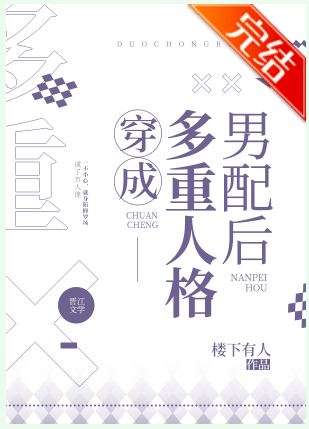
After Dressing as a Male Lead with Multiple Personalities
Chapter 14 August 11, 2023 -
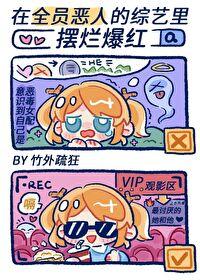
Becoming Popular Through The “All Villains” Variety Show
Chapter 113 August 9, 2023 -

I Am The Villainess With A Maxed-Out Luck Stat
Chapter 4 August 25, 2023 -

How The Sub-Male Lead’s Stepmother Teaches Love
Chapter 57 August 7, 2023 -
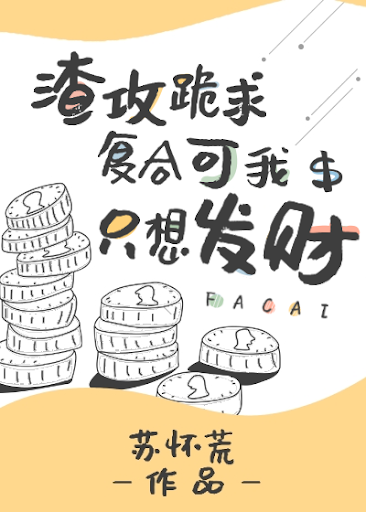
The Scum Gong Begs Me to Get Back Together, but I Just Want to Get Rich
Chapter 39 August 7, 2023 -
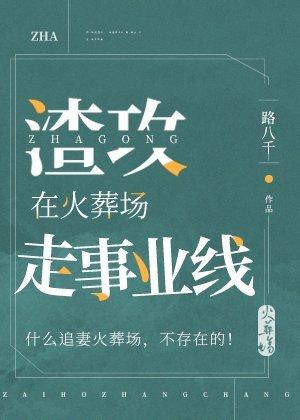
Scum Gong Walks the Career Line in the Crematorium
Chapter 163 August 6, 2023 -
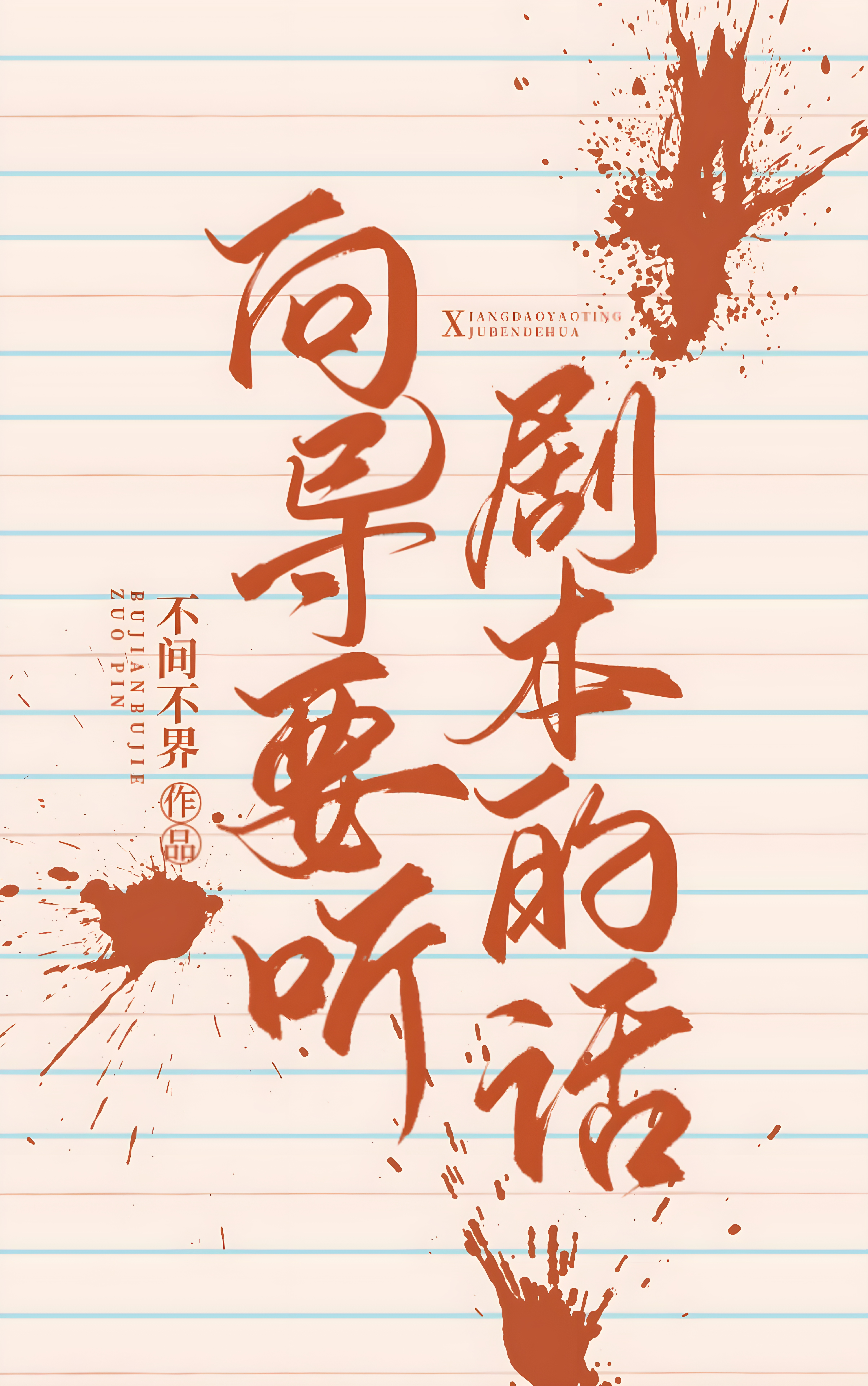
The Guide Wants to Obey the Script
Chapter 14 August 6, 2023 -

After Being Reborn, I Was Matched To His Majesty
Chapter 9 August 5, 2023
